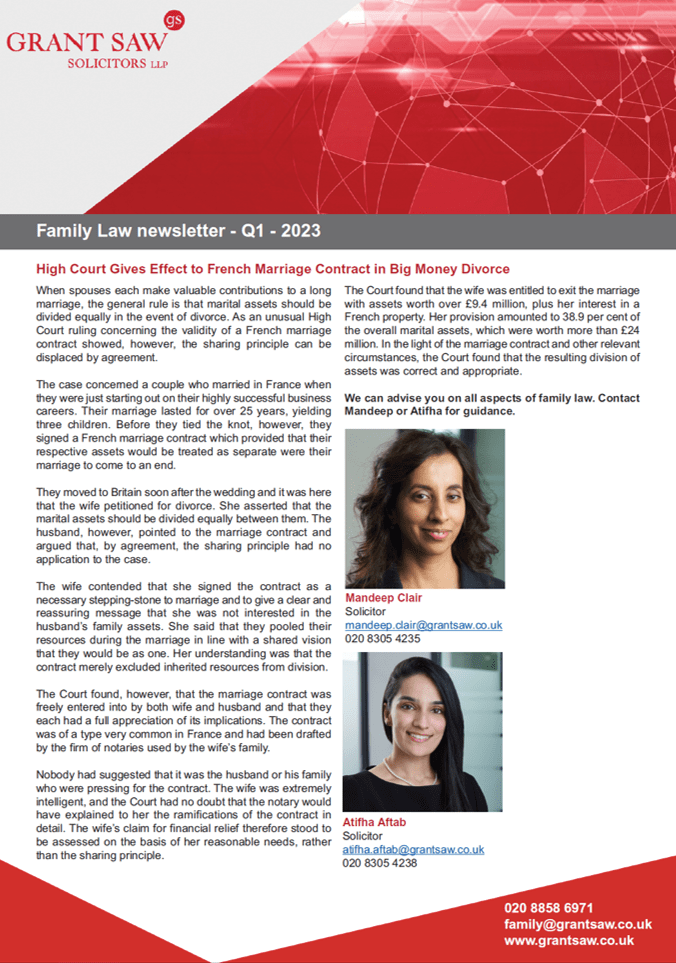Aside from applying to annul a bankruptcy order on the basis that it ought not to have been made, it may be possible to appeal the bankruptcy order and/or apply to rescind the same.
Rescinding a bankruptcy order
The bankruptcy court has the power to review, vary or rescind any order it has made in the exercise of its jurisdiction pursuant to section 375 of the insolvency Act 1986. The court may rescind a bankruptcy order if there are exceptional circumstances justifying the exercise of the court’s discretion and that there is a material difference to the position as it was known to the court when the order was originally made. When considering an application to rescind a bankruptcy order, the court is free to consider any new material that was not considered at the time the bankruptcy order was made.
To obtain rescission of a bankruptcy order, you must apply to the court. This must be done by completing an application form, along with a witness statement setting out the correct information and evidence. You must also pay the correct court fee when making such application.
The court will then set a date for the hearing. The application and witness statement must be served on the petitioner, any supporting creditors who were heard on the petition, the Official Receiver and the trustee, if one has been appointed. These documents must have been correctly served at least 14 days before the hearing. However, the court has the power, in cases of urgency, to hear an application immediately, with or without notice to the other parties.
If, at the hearing, the court is satisfied that one of the grounds for rescission has been made out, the bankruptcy will be set aside.
Appeal
An appeal from an Insolvency and Companies Court Judge is made to a High Court Judge and an appeal from a District Judge will be to either an Insolvency and Companies Court Judge or a High Court Judge depending on where the first instance case took place. Permission needs to be obtained from the Judge being appealed. If this is refused, then you must apply for permission from the Judge to whom you are appealing in your appellant application. The notice of appeal must be filed with the correct court within 21 days of the date of the decision being appealed against. The person appealing must also file a copy of the order under appeal, a time estimate for the appeal hearing, a chronology of events, an approved transcript or note of judgement and a skeleton argument. There is a court fee of £294. The appeal notice must be served on the respondent within 7 days of filing with the court.
If the appeal is opposed, the respondent must file a notice in reply within 14 days of receipt of the Notice of Appeal and serve this on the appellant within 7 days.
There will then be a hearing before the High Court. An appeal is limited to reviewing the decision of the lower court and will only be allowed if the decision was wrong or unjust because of a serious procedural irregularity or other irregularity in the proceedings.
Appeal from the High Court, if permission is obtained, is to the Court of Appeal.
For more information on the bankruptcy appeal process, please email litigation@grantsaw.co.uk or contact our insolvency experts on 020 8858 6971.
Meet the Appealing or rescinding a bankruptcy order team















































